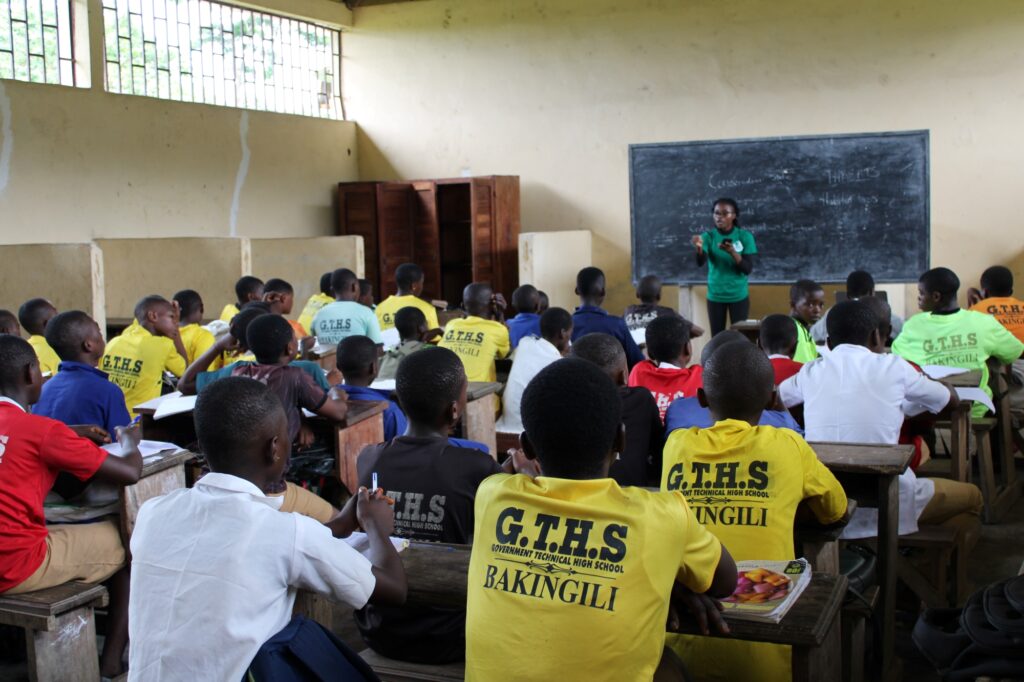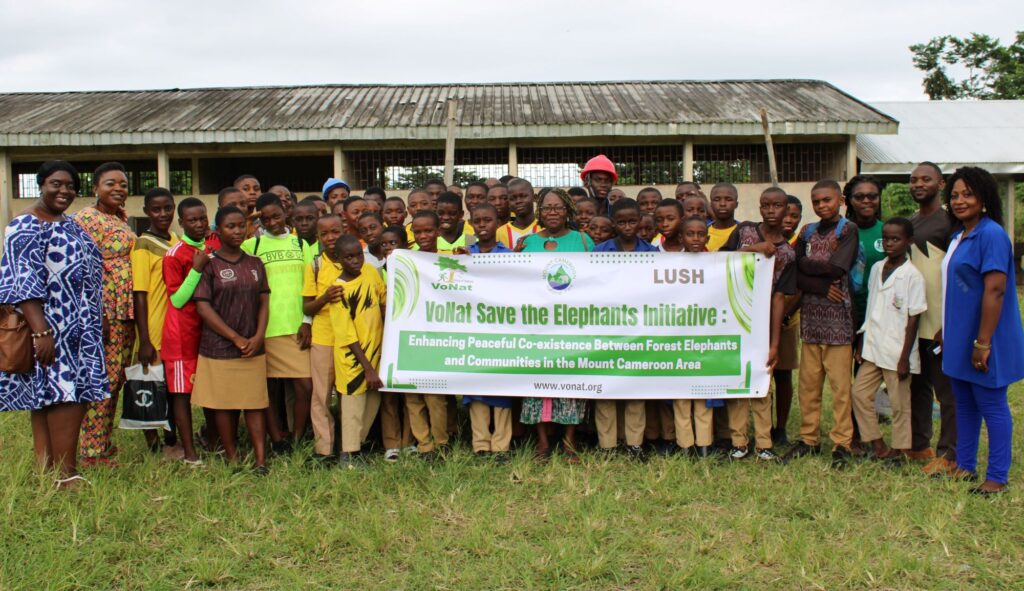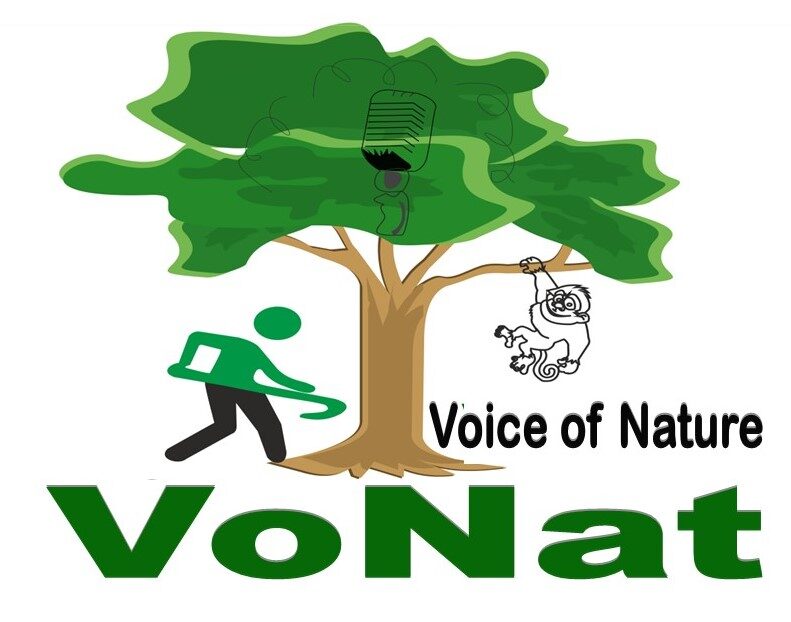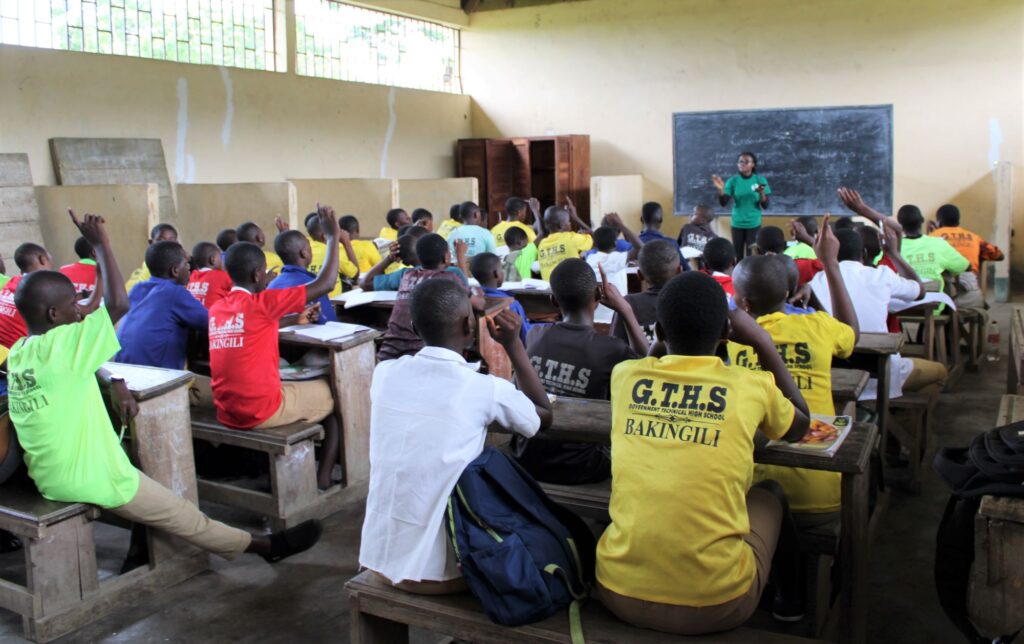Voice of Nature (VoNat) recently enlightened some 50 kids and young adults in the West Coast Cluster of the Mount Cameroon National Park on the conservation importance of the African forest elephant (Loxodonta cyclotis), and how the youngsters and their communities can co-exist with this critically endangered and emblematic species.

The West Coast Cluster is one of the conservation zones of the Mount Cameroon National Park bearing the greatest burn human –elephant conflict. Increase in human and elephant population in the Mount Cameroon Area has induced competition for land that has often led to “deadly clashes” between adjacent communities and this critically endangered species, with villagers openly depicting negative attitudes towards elephants and its conservation. This makes the immediate and long-term conservation of the species in this area very bleak.
Cognizant of this, Voice of Nature (VoNat) launched the “Save the Elephant Initiative” early this year to establish an eco-friendly system that will contribute to enhancing the peaceful co-existence of the forest elephant with adjacent communities of the Mount Cameroon National Park, most especially in the West Coast Cluster.
Within the framework of this Initiative, implemented with funding from Lush Charity, VoNat in May 2023 engaged over 50 children in the West Coast Cluster Conservation Zone of the Mount Cameroon National Park in a special elephant conservation and sensitization education session. The youngsters gained fresh understanding about the forest elephant, conservation threats and importance, local actions to mitigate conflict, and how they live together with the world’s largest land mammal. This education and sensitization session re-ignited in the future conservation leaders a fresh love for elephants.

“I think the elephant is not such a bad animal as I have thought. I now understand that they play and important role in the ecosystem and to humans, and that they are ways we can actually live together without them killing us or destroying our crops,” said Caleb Godian from Bakingili community.
Nformi Joel, on his part, promised to enlighten his parents on the conservation importance of the elephants and local actions they can take to avoid being harm by large mammal.
Children hold the key to the future sustainability of species, and will be the ones to make decisions about conservation in the future. Engaging them in mitigating human-elephant conflict therefore, enhances both short and long-term successes in conservation efforts in this area.

